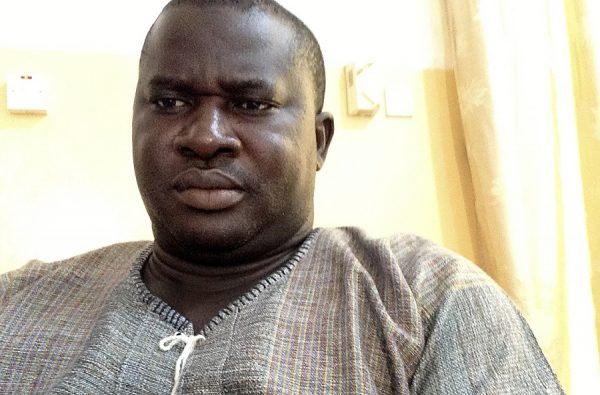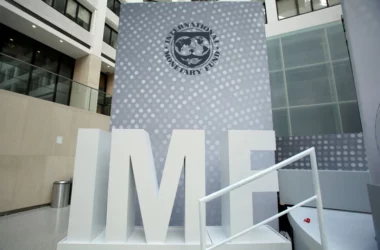
‘My silence was my protection. It was my protection from having to face the unthinkable. To speak the unspeakable. And questioning myself: why did I not speak out as a child? The child understands that perfectly, but as you moved to adulthood you realise that those who have not suffered these crimes cannot understand why you didn’t speak out.
So we have to explain that to the world. Explain why sometimes silence is our protector, temporarily. But ultimately, we need to break the silence to free us and crucially to protect others by shining a spotlight on this man-made cancer in our midst.’ Pete Saunders, Survivor, and founder National Association for People Abused in Childhood (NAPAC)
You may now understand why ‘silence’ is many victims’ shield. You want them to come forward and speak out but you won’t believe their stories until they show you ample evidence beyond your reasonable doubt. You know sexual abuse takes place in the dark, in secret.
May be you do not know that such heinous crimes are committed by people the victim trusts and knows. And even if violence is sometimes not part of the abuse, the victim finds it difficult to defend herself, to report the abuse. It is always a dilemma for victims: if she reports, she is looking for vengeance and popularity; if she keeps quiet, she is regarded a willing accomplice. It is the classic case of ‘damn if you do; damn if you don’t’.
You and your ilk, not knowing the story of the victim, engage in mindless character and honour defilement, assassination and impeachment. You make demeaning statements about her and try hard to break her down, to make her feel guilty of the abuse, be responsible for the rape.
You, all too often, employ this hostile attitude towards victims of rape and other forms of sexual assault so you can reinforce in her the common ‘belief that nothing untoward happens to you unless you do something to deserve it and that rape is always invited or welcomed by the victim’.
Which victim of rape, knowing the treatment she would receive, would want to report? Who would want to be put on trial by public opinion, be forced to recount the rape incident, in vivid and graphic terms, have her character questioned and impeached and her morality doubted?
May be you do not know that rape or sexual abuse is not a spontaneously act; that it is often always carefully planned.
Through the process of grooming, abusers prepare their victims for the abuse. They first work hard to gain the victim’s trust and confidence, and that of everyone close to him or her. They pretend to be philanthropists, showering the victim and his or her family with gifts, money or other favours. They pretend to be loving, pleasant, concerning, helpful, eager to help at the drop of a pin, caring. It is all a fascade, a trick, a game to win confidence and be able to abuse without detection.
May be you do not know that the gifts, favours or money perpetrators give their victims are not given out unconditionally; they are to buy the victim’s silence, to make her believe that she is responsible for the rape, that she invited it by accepting the gifts or favours.
The rape victim’s reluctance to disclose what has happened to her friends, to her family or to the police probably results in large part from this tendency to blame herself.
May be you do not know that if a woman feels confused about her guilt and responsibility in the abuse, then she will clearly be reluctant to expose herself to the criticism and harsh judgment of others as is always the case.
Sorry, but your view that it is impossible to rape a woman (to have carnal knowledge of her) against her will or wishes is patently untrue. Have you truly reflected on the implication of the word ‘consent’? You think it is a simple ‘yes’ or ‘no’? Ray and Fay define ‘CONSENT’ in the context of sexual abuse as thus:
Consent is based on choice
Consent is active, not passive
Consent is only possible when there is equal power
Forcing someone to give in is not consent
Going along with something because of wanting to fit in with the group is not consent
If you cannot say “no” comfortably then “yes” has no meaning
If you are unwilling to accept a “no” then “yes” has no meaning.
I want you to know that, in fact, consent becomes totally irrelevant when the element of fear or harm is introduced into the situation, destroying the woman’s or girl’s ability to think rationally or to act effectively. Fear of being killed or harmed or being disbelieved reduces most victims to a state of complete helplessness and submission.
I want you should know that rape is an absolute and total violation, not just of the woman’s or girl’s psychological boundaries, but her actual most intimate physical boundaries. That unlike in a housebreaking, where the goal is access to the woman’s or girl’s possessions, in rape, it is the woman or girl herself who is defiled and, unlike in housebreaking, the defiled goods cannot simply be discarded and forgotten.
Please do know that rape is an abuse of power and a betrayal of trust. Rape is not about the victim; it is about injustice and exploitation. The position you take determines where you stand in the struggle between good and evil, between the vulnerable and the powerful.
“In saying or thinking it’s not your problem is to misunderstand your own power and responsibility, and to ignore the very human need for compassion and solidarity.” To remain neutral in what Dantes calls a ‘moral crisis’ is the nadir of hypocrisy and double standard. If you cannot identity with the victim, your conscience should tell you it is wrong to stand with the perpetrator.
To the victims, I pray you continue to have the courage to shatter that silence which prevents you from speaking out. I know it is difficult, the fear, the consequences, the personal cost. I admire your message to the abuser, which is: I refuse to be afraid of you now.
To the fence sitter, remember these words of Elie Wiesel:
“We must take sides. Neutrality helps the oppressor, never the victim. Silence encourages the tormentor, never the tormented.”













Another good one by Njundu.
Let me bring this home for you.
A young African lady, a journalist was robbed and raped. She called the police and reported that she was robbed. The criminals were apprehended and they confessed to the crime. They admitted to robbing her and raping her. When she found out about the rape confession, she felt ashamed and a few days later committed suicide.
The young lady’s name is Tokunbo Ajayi. She worked for NTA Nigeria. She was assigned to cover a story in Gambia and I had the opportunity to meet her. A bright young woman with a bright future. She was a rape victim. We, ALL of us, killed her because of our attitude and insensitivity to victims of sexual battery and assault.
May her soul rest in peace.